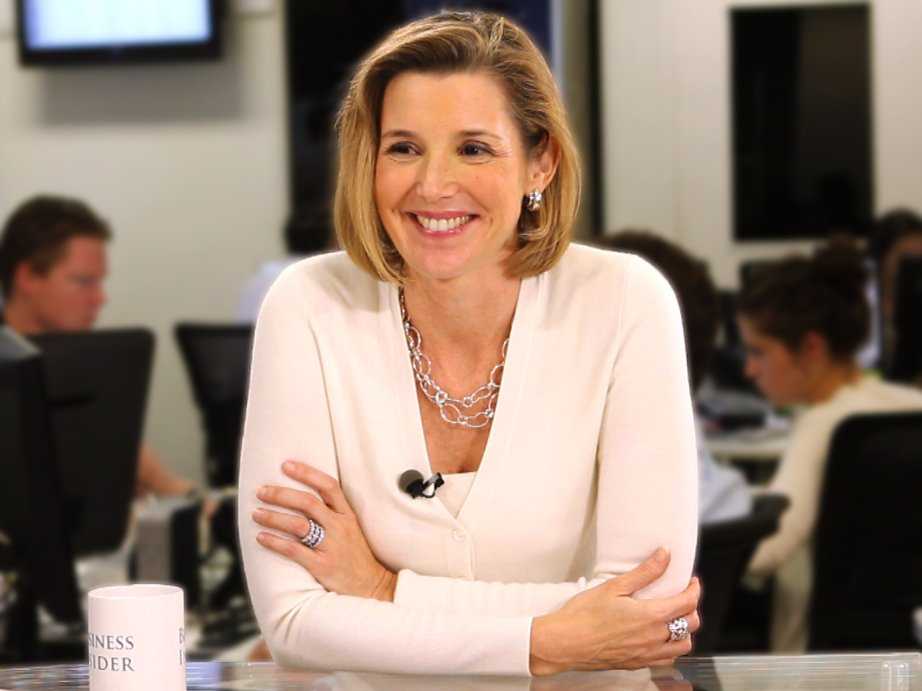By Gail MarksJarvis
Chicago Tribune.
If you’re a woman who has resented the size of your paycheck compared to those going to men, Sallie Krawcheck presents a solution.
In a speech to almost 2,000 financial advisers at the annual Morningstar Investment Conference in Chicago last week, she urged advisers to help women close the gap. On average women earn 77 cents for every dollar men make. That’s called the gender gap.
Most advisers, of course, aren’t going to give salary negotiation, career counseling or job search help to women clients. But Krawcheck used the prominent national stage to make two points to professionals from her industry: Financial advisers are losing women clients because they are ignoring women’s needs, and the U.S. economy isn’t living up to its potential because women aren’t maximizing their potential wealth.
Krawcheck, who has built celebrity status in the financial business since getting fired from a Wall Street executive-level job, heads a women’s group called Ellevate Network. She claims businesses short-change themselves by missing women’s perspectives in the executive suite and that the financial services industry has cut itself off from trillions of dollars in women’s wealth.
In the years ahead, the impact of poor financial management will be evident in the economy as large numbers of women end up alone in retirement without the money they will need, she said. A $14 trillion retirement savings gap is likely to weigh more heavily on women than men because women live on average six years longer than men and consequently exhaust household savings.
Hints of the problem can be seen by taking a trip to a nursing home. Most are filled with women, often widows, who live on medicaid after their savings have run out.
“Eighty percent of men die married,” said Krawcheck. “Eighty percent of women die unmarried.”
The savings gap — or the money Americans won’t have to cover their retirement necessities — “is so big and so scary that we’ve actually stopped talking about it, stopped debating about it,” said Krawcheck.
But the outcome could be improved, she said, through better pay for women; plus better advice on maximizing wealth and making it last.
“It’s hard to find anything negative that happens when you increase the economic engagement of women,” she said. For example, she noted that while the Social Security system is on its way to running low on money by 2034, the gap would be closed by a third if women were paid comparable to men.
It goes beyond pay, however. It’s turning the pay women receive into wealth and making it last. Most women don’t receive quality financial advice because they often haven’t amassed the $250,000 financial advisers typically require of new clients.
Krawcheck didn’t deal with that issue, but emphasized that financial advisers are missing out on the lucrative business that would easily be available to them if they tapped into the women’s market. With more women earning good money and expected to inherit trillions, advisers should be looking at them as ideal clients, she said.
She admonished male financial advisers for saying in effect: “I’ll focus on guys who have money.” She warned them: “There are very few wealthy 60-year-old white guys without financial advisers.”
The result, she said, is that 90 percent of men are happy with their financial advisers while only 30 percent of women are satisfied. And 86 percent of affluent women say the financial services business does not serve them well.
After male clients die, she added, 70 percent of widows leave the adviser their husband had used.
If you are among this disatisfied crew of women, you should know that Krawcheck and other outspoken people in the adviser business are telling the profession to shape up. So there is no need to stay with an adviser who fits the common complaints Krawcheck outlined.
Among them: Talking at women rather than with them and failing to realize women focus on preserving their wealth more than chalking up market-beating returns.
Women want assurances that they will be able to send their children to college and retire with the money they will need to live the way they are expecting, said Krawcheck.
buy soft pack generic buy soft pack online no prescription
And they want to increase their biggest asset, their earnings power. Instead of showing women their investing prowess, Krawcheck noted women would prefer: “Coach me on how to get a raise.”














































































































































































































































































































































































